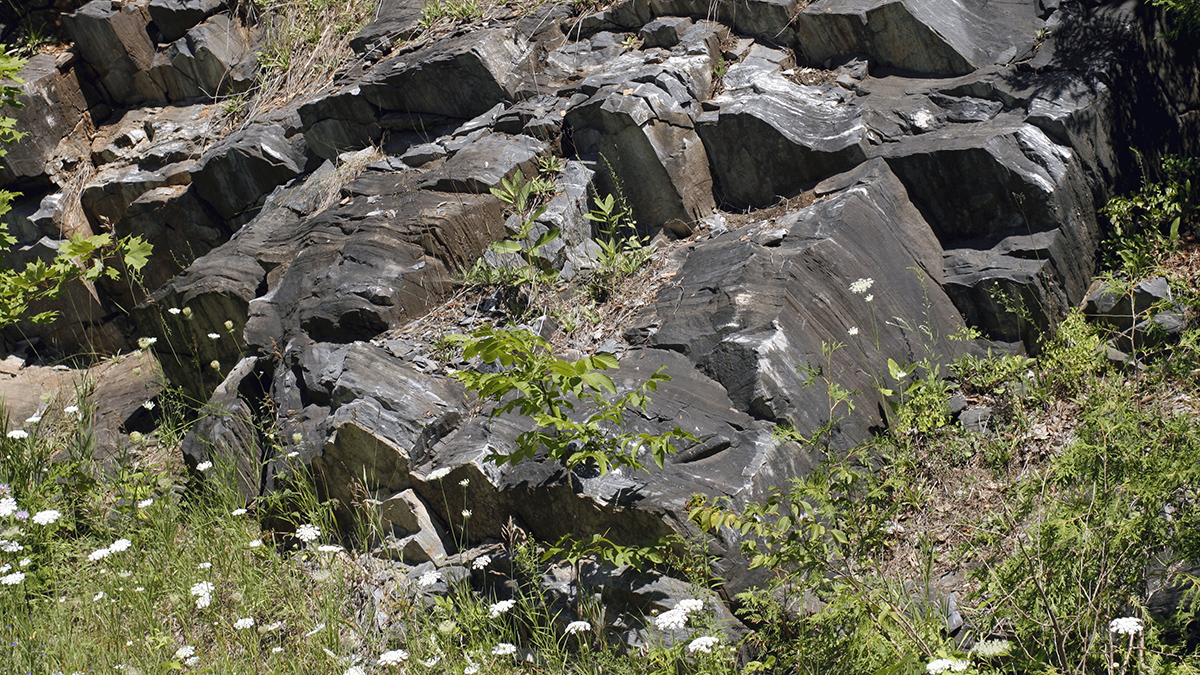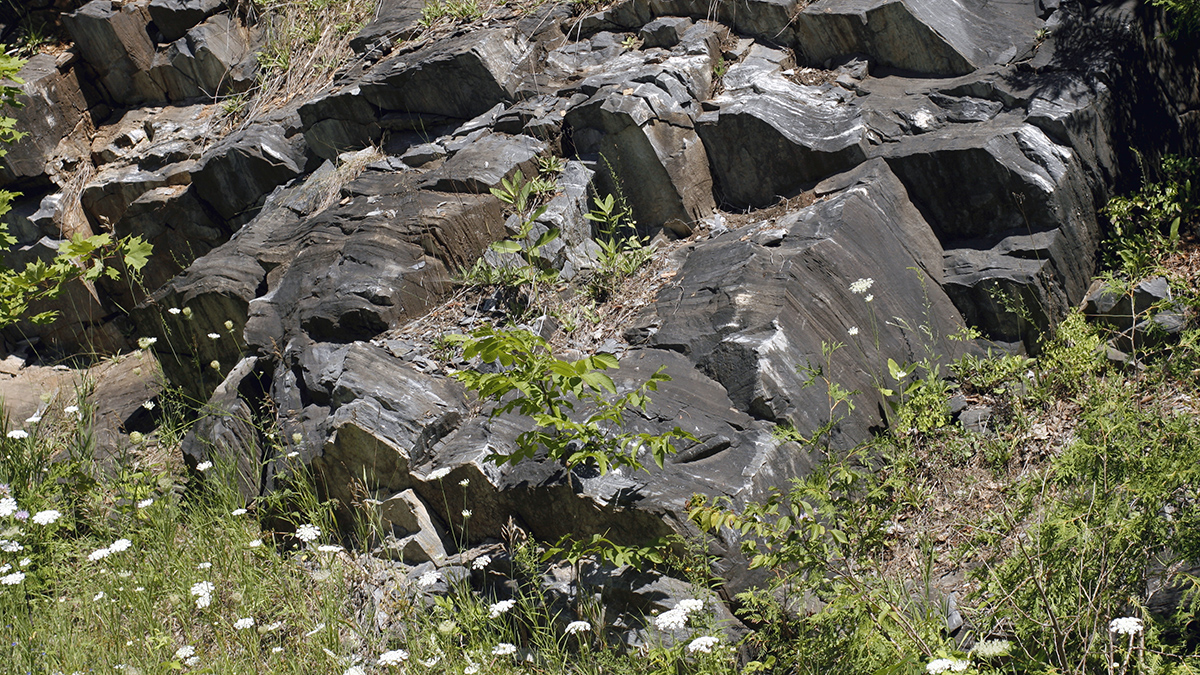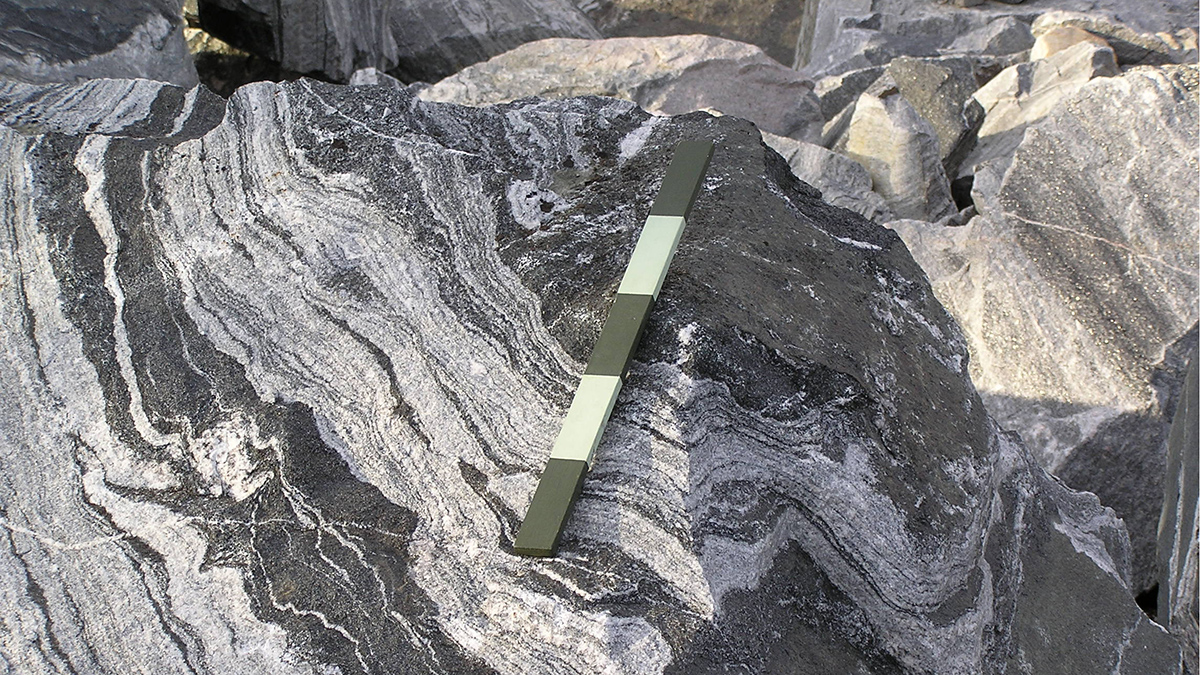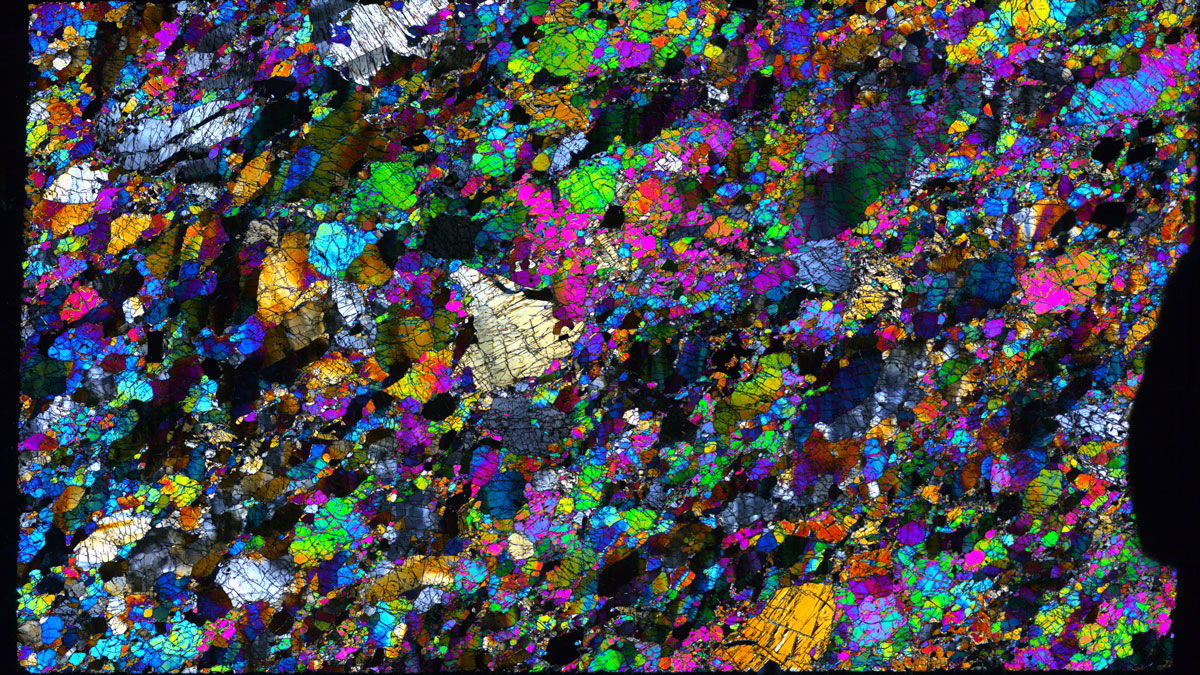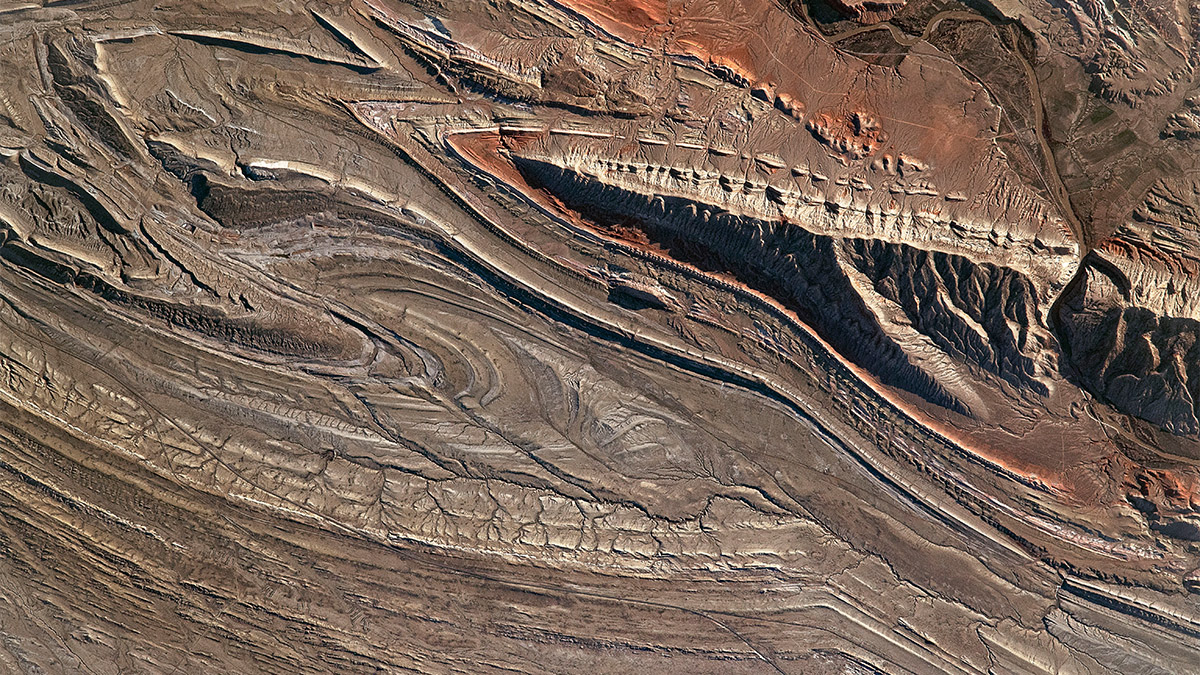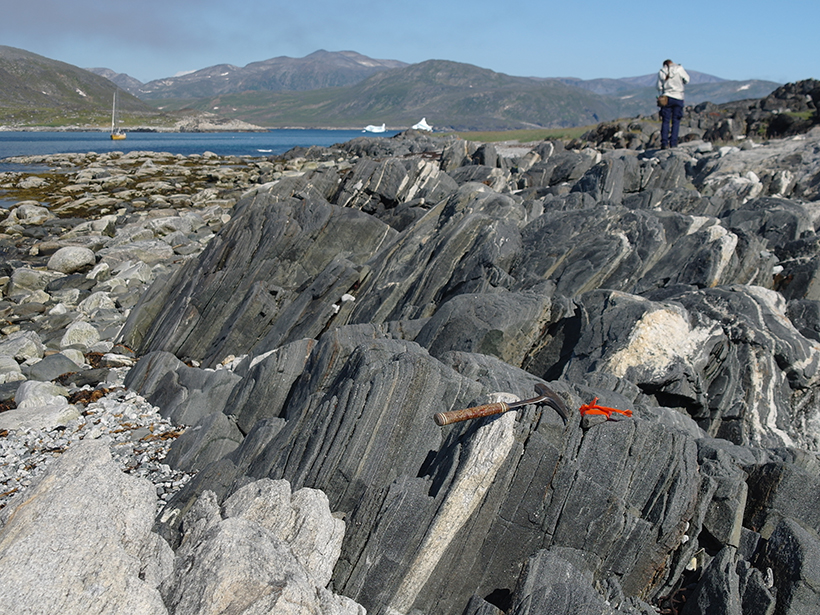La meteorización de los primeros continentes podría haber puesto en marcha la formación de cratones, las raíces inmutables de los continentes.
Archean
Radioactive Sediments May Have Built Earth’s Cratons
Weathering of the earliest continents could have set in motion the formation of cratons, the immutable roots of continents.
From First Continents to Fancy Countertops
A new study suggests melting gabbros may have helped form Earth’s first continents, riling a long-standing debate.
Million or Billion? Narrowing Down the Age of Mantle Processes in New Guinea
Mantle rocks in Papua New Guinea contain curious geochemical signatures that scientists have traditionally interpreted as evidence of billions-year-old melting. New evidence suggests otherwise.
The Young Earth Under the Cool Sun
How did our planet avoid being frozen solid during the early days of our solar system?
The Birth, Growth, and Death of Continents
There are various explanations for how the Earth’s continents form, develop, and change but challenges remain in fully understanding the driving forces behind plate tectonics on our planet.
Modeling the Creation of Cratons, Earth’s Secret Keepers
Geoscientists have long been trying to answer the complicated questions of how and why Earth’s continents formed. New research suggests a solution that surprised even the investigators themselves.
When Water Met Rock
Geologists discover rocks bearing the earliest known evidence of water interacting with rock on Earth’s surface.
Cobalt Key to Development of Early Life on Earth
Cobalt may have played in important role in the early development of life on Earth, and been more available to ancient life than modern due to the higher mafic composition of early continents.
Archean Rocks in the Acasta Gneiss Complex
Studying Archean-age gneissic and schistic rocks in northwestern Canada, researchers determined that the source of these rocks formed 4.3 billion years ago.

